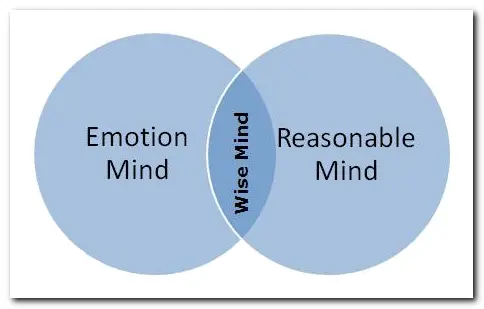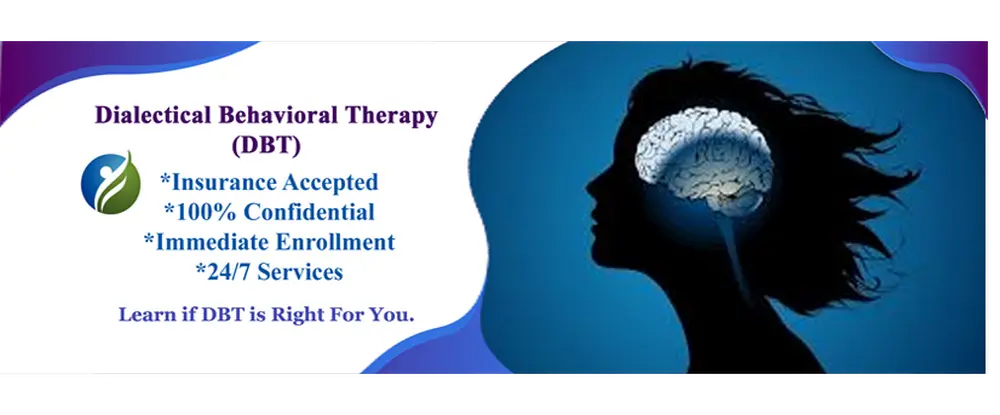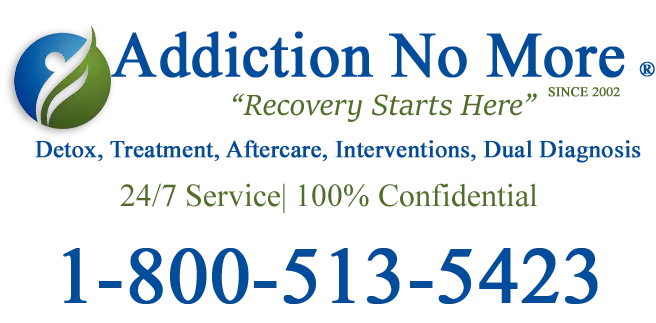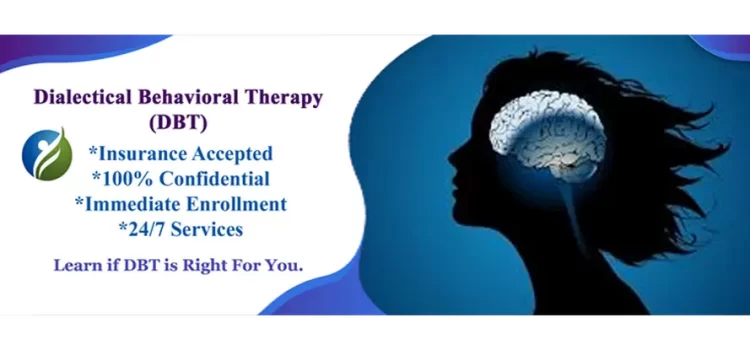Dialectical Behavioral Therapy (DBT)
The Theory of DBT: Dialectical Behavioral Therapy also known as DBT maintains that some people, due to their environment, during their early years, and also due to biological factors, are more apt to react abnormally to emotional stimulation. This type of person is more prone to have their arousal level stimulated more quickly and have that sense peak at higher levels. It also takes more time for this type of person to return to a normal baseline. This is why some people have crisis-strewn lives and EXTREME EMOTIONAL LIABILITY (emotions that shift rapidly). It has also been noted that this person does not possess methods for coping with these sudden intense surges of emotion. DBT is a method for teaching skills that will help with this task. Call us today for help with addiction.1-800-513-5423

What is DBT? How does it work?
Dialectical Behavioral Therapy (DBT) consists of two parts:
Once-weekly psychotherapy sessions, in which a particular problematic behavior or event from the past week is explored in detail, beginning with the chain of events leading up to it, going through alternative solutions that might have been used, and examining what kept the client from using more different solutions to the problem.
Both between and during sessions, the therapist actively teaches and reinforces adaptive behaviors, especially as they occur within the therapeutic relationship. The emphasis is on teaching patients how to manage emotional trauma rather than reducing or taking them out of crises. Telephone contact with the individual therapist between sessions is part of DBT procedures.
DBT targets behaviors in a descending hierarchy:
*Decreasing high-risk suicidal behaviors
*Decreasing responses or behaviors (by either therapist or patient) that interfere with therapy
*Decreasing behaviors that interfere with/reduce the quality of life
*Decreasing and dealing with post-traumatic stress response
*Enhancing respect for self-acquisition of the behavioral skills taught in a group setting.
1-800-513-5423

Sources
DBT Description
National Library of Medicine DBT
DBT for Borderline Personality Disorder
Substance Abuse and DBT
Erik Epp – Content Author




